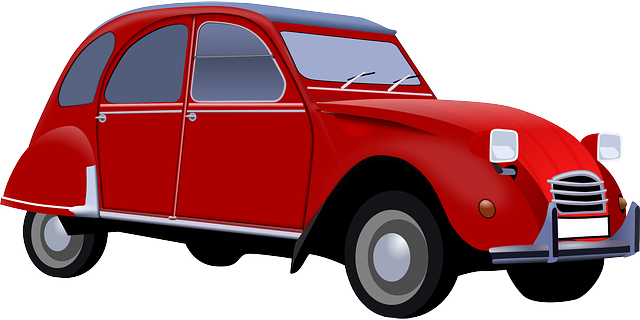Supplied
Cars like the Toyota Supra A80 are skyrocketing in value, thanks in part to the Fast and Furious film franchise.
Prices are soaring for used Japanese classic sports cars, particularly models that leading Japanese automakers put on the road in the 1980s and the 1990s.
Some are fetching nearly four times what they did when they were first put on the market.
This appears to have been prompted by the desire among middle-aged people to drive classic sports cars they once sought, as well as worries about becoming unable to drive such high-powered cars, as new models have been ever more electrified in recent years.
Supplied
The Nissan Skyline GT-R has always been a sought-after classic, but its getting even pricier these days.
According to Carsensor, a portal for selling and buying used cars, the prices of antique sports cars differ, depending on their mileage and the state of maintenance.
READ MORE:
* Nissan confirms Kiwi Z pricing
* The Toyota Supra is getting a manual transmission
* Someone attached 96 whistles to a Toyota Supra’s exhaust
* Paul Walker’s brother Cody and Vin Diesel reunite as they mark 8th anniversary of actor’s death
Classic sports cars that have been kept in good condition are limited in number, so they continue to fetch prices higher than when they first hit the market.
Supplied
Developed with help from Ayrton Senna, the original Honda NSX demands big money.
The fourth-generation Toyota Supra A80, a model that Toyota launched in 1993, was sold at prices ranging from 2.89 million yen to 4.72 million yen (NZ$34,000 to NZ$55,600) back then. But their prices soared to as much as 6.34 million yen (NZ$75,000) in July, climbing to almost twice their old showroom price over the past two years.
Nissan’s 1989 Skyline GT-R was listed at 7.4 million yen (NZ$87,000), while a first-generation Honda NSX, released in 1990, fetched 10.64 million yen (NZ$125,000). Both models have seen their prices rise by 50% to 80% in the past two years.
Their main customers are people in their 40s and 50s who were familiar with these models when they first hit the market.
Universal Pictures
If you were 19 when ‘The Fast and the Furious’ came out in 2001, happy 40th birthday – now buy that classic Japanese sports car you lusted after in the movie.
“Anxiety has been spreading among people that antique sports cars, with their stirring engine sounds and accelerating force, may disappear,” said the head of the old car purchase business division at Current Motor Corp., a Yokohama-based dealer of used cars.
This is because the new models launched by leading automakers in recent years are mainly environmentally friendly ones, such as hybrid and battery-electric vehicles.
During the 1980s and the early 1990s – the bubble economy period – Japan’s leading automakers competed in launching their now-classic sports cars one after another. These days were considered the “golden age” for sports cars in Japan, Current Motor’s division head said.
Supplied
The 1990s were a golden age for Japanese sports cars and Japanese manufacturer success in the likes of Formula 1.
It was a period that also coincided with the years when Japanese automakers achieved remarkable results in such auto races as the Formula One world championship. Automakers developed many vehicles with engine performances almost equivalent to those of racing cars.
Accelerating the rise in the prices of Japanese classics is the growing popularity of such models in the United States.
The movie “The Fast and the Furious” (retitled “Wild Speed” in Japan), released in 2001 and featuring Japanese classic cars, has added to the mystique of Japanese classic sports cars.
The latest Fast and the Furious film is now available to stream on Amazon Prime Video.
In response to the growing popularity of Japanese classic cars, new types of services have also emerged.
Kinto, a company that manages a fixed-rate subscription program for Toyota cars, launched a service for renting Toyota classic cars in Tokyo this summer.
A conspicuous number of people in their 20s and 30s are using this service, inspired by their parents who are fans of Japanese classics and themselves finding a refreshing surprise in how well these classic cars handle.
